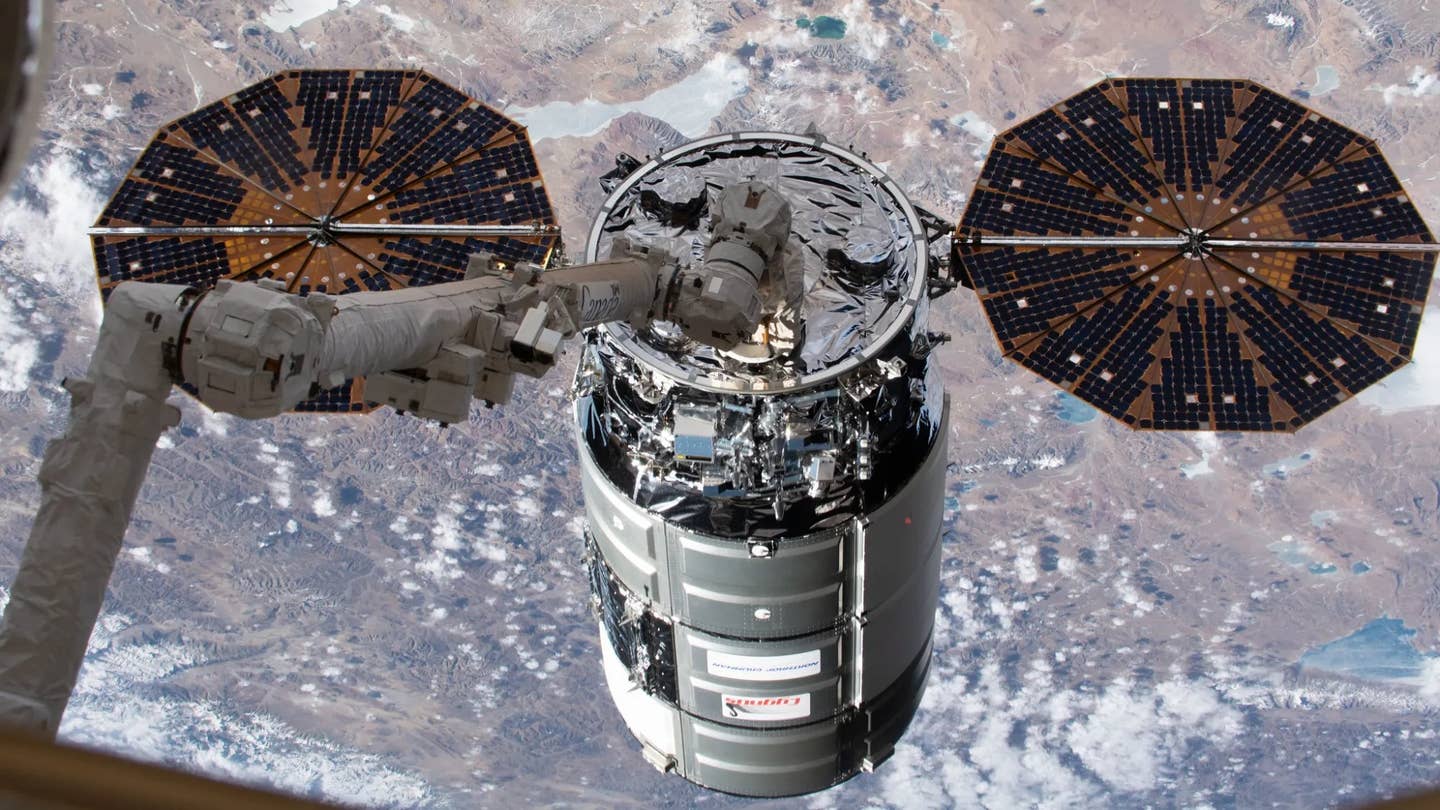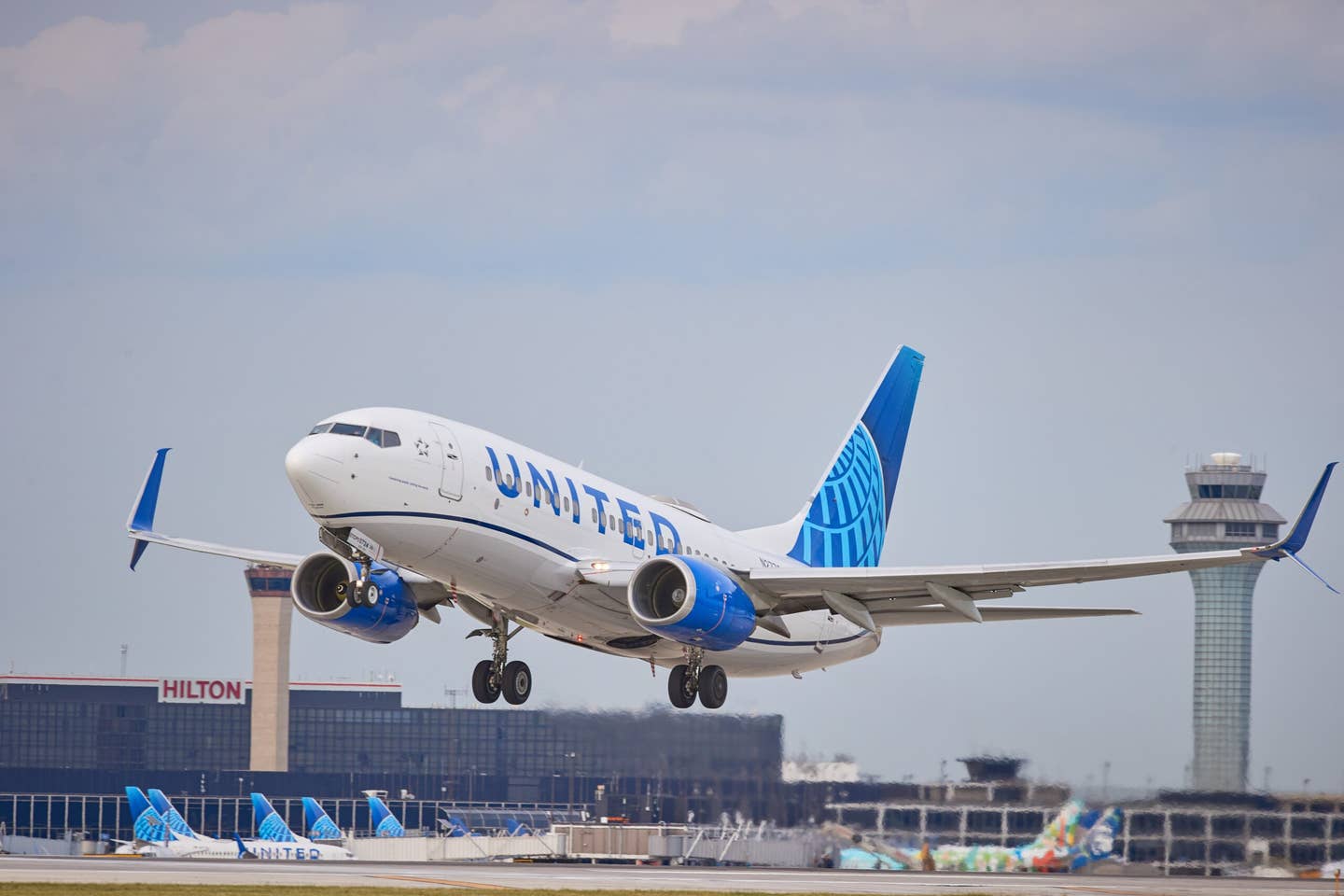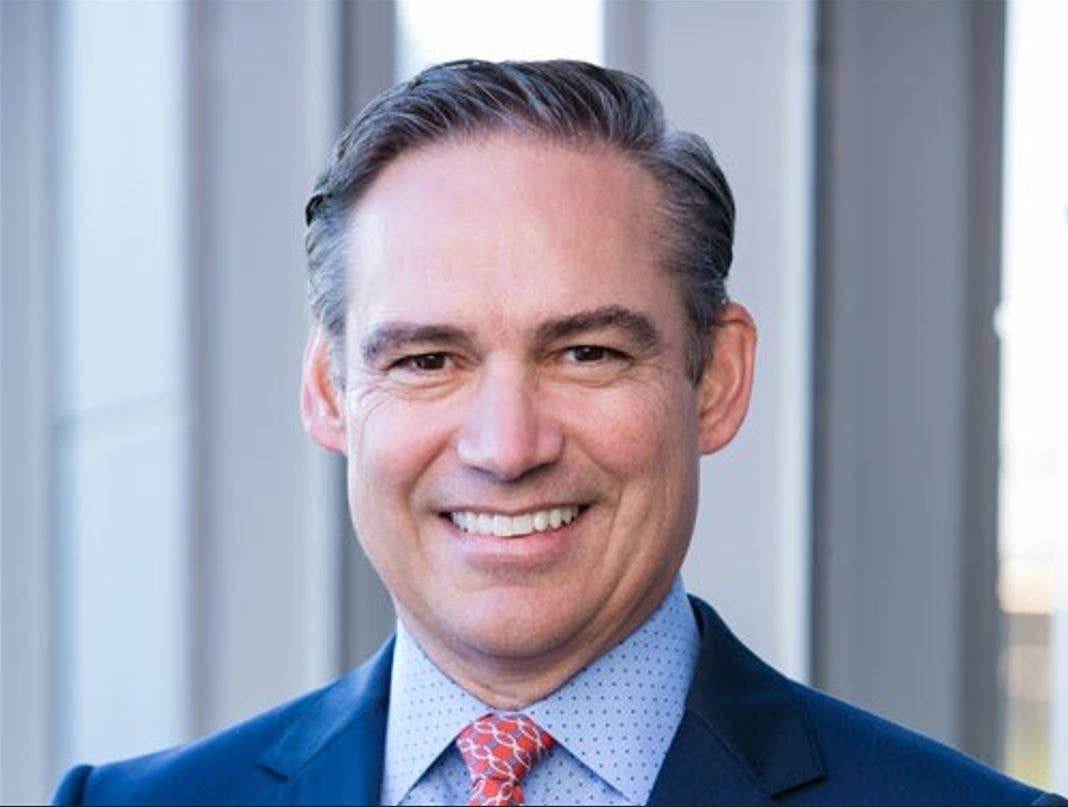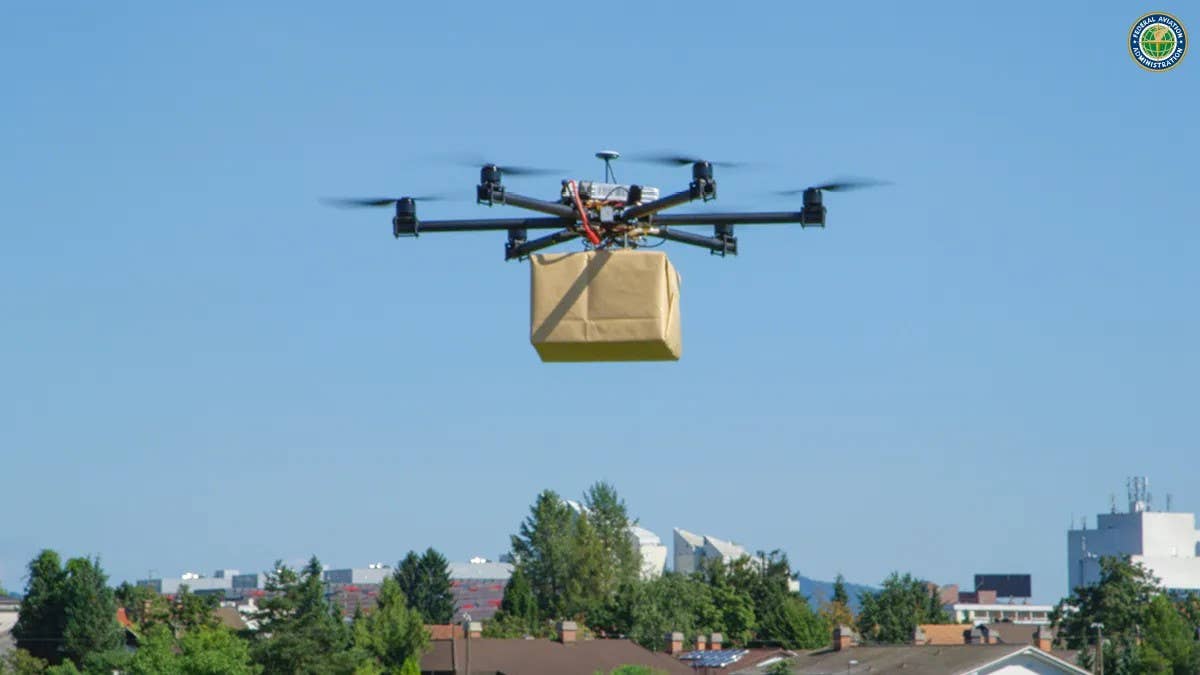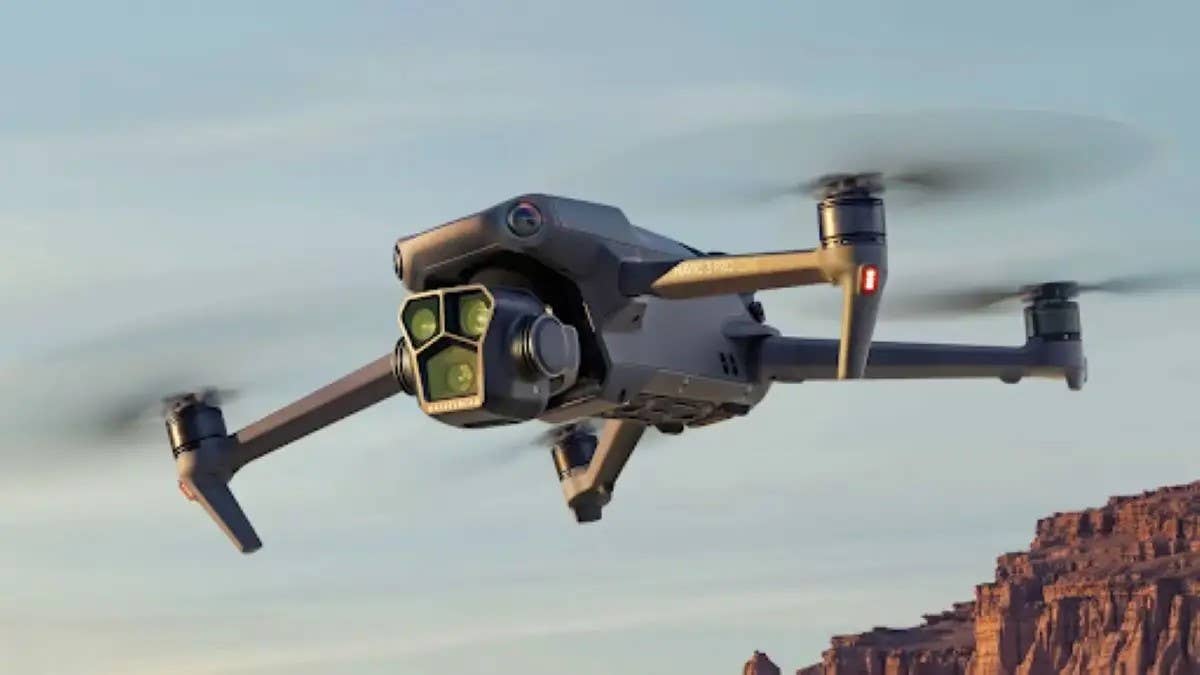House Passes Bill Targeting Foreign Repair Stations
Maintenance bill will hold foreign MROs to equal standards; the workforce bill will launch a new national center to improve recruitment and retention.
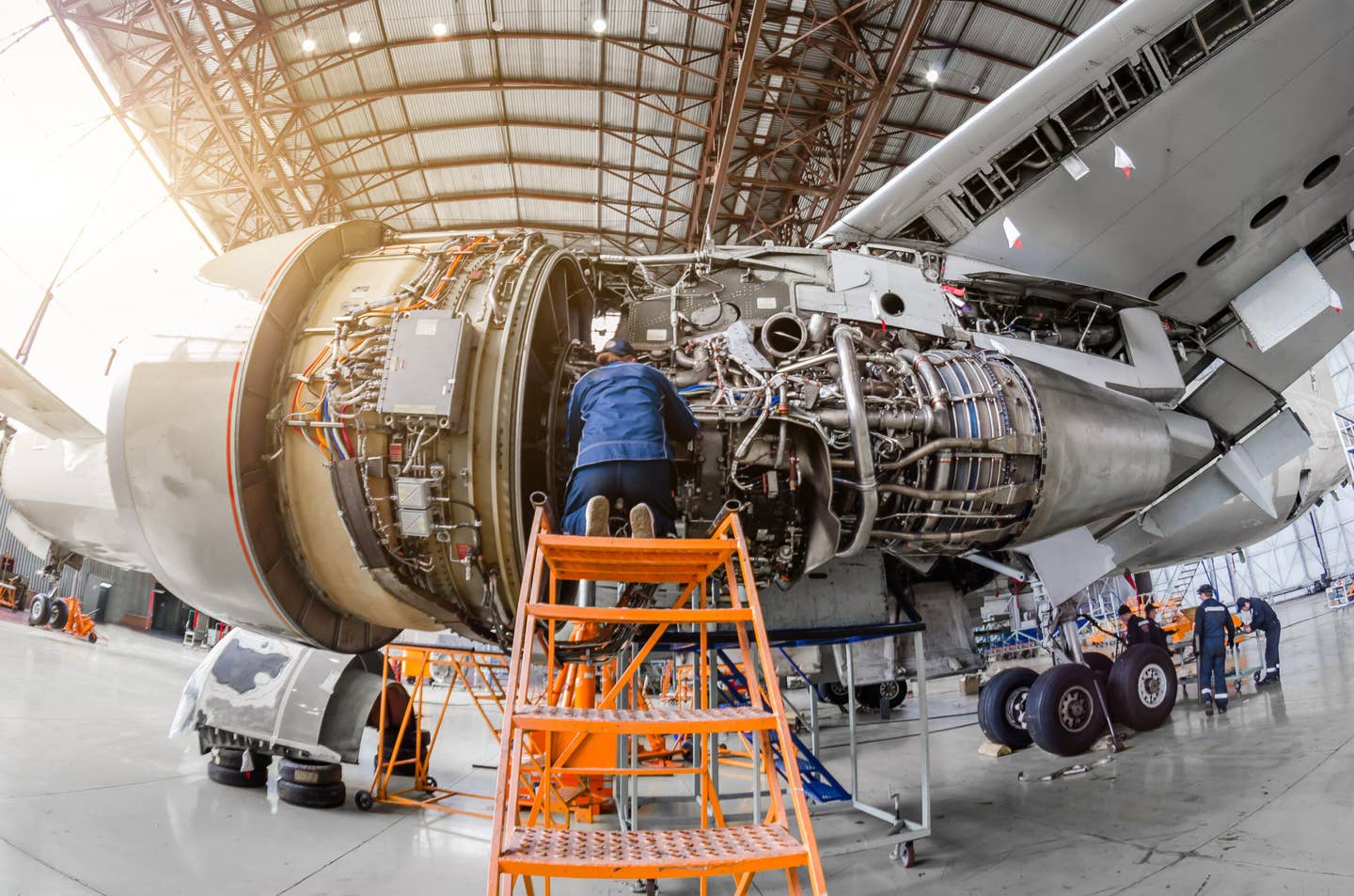
The Global Aircraft Maintenance Safety Improvement Act seeks to strengthen the FAA’s ability to enforce safety rules on foreign repair stations through annual inspections, mandates, and increased oversight. [Courtesy: Adobe]
House lawmakers have passed a series of bills targeting the safety records of foreign repair stations in legislation geared toward improving aviation safety standards and developing the aviation workforce.
Some U.S. airlines outsource heavy maintenance work to aeronautical repair stations outside the U.S.—including facilities in El Salvador, Mexico, and China. The problem occurs when standards followed by foreign repair stations don’t match those in the U.S.
For instance, U.S. repair station workers must comply with screenings for substance abuse, and background checks, while foreign repair stations sometimes don’t hold to similar standards.
The loopholes potentially threaten the safety of passengers, according to the International Association of Machinists and Aerospace Workers (IAM). "The current lack of uniform regulatory standards and oversight sets an unlevel field with carriers increasingly enticed by the financial incentives to push this work overseas,” IAM International President Robert Martinez, Jr. said in a statement.
Equal Standards
House lawmakers approved the Global Aircraft Maintenance Safety Improvement Act Thursday, which aims to align safety standards and requirements for foreign repair stations with those in the U.S.
The bill aims to create a uniform standard of safety, no matter where the aircraft is repaired and maintained, House Transportation & Infrastructure Chairman Peter DeFazio (D-Ore.) said when introducing the bill in March.
My bill will close the gap between our safety standards and those of foreign repair stations. By ensuring a uniform standard of safety, no matter where the aircraft is repaired and maintained, we will make our skies safer for all. https://t.co/oTbmxc2axB
— Rep. Peter DeFazio (@RepPeterDeFazio) September 30, 2022
The bipartisan bill calls for annual unannounced inspections, mandating the reporting of mechanical issues and problems attributable to foreign repairs, as well as compelling the agency to conduct required background checks of foreign repair station employees.
Creating uniformity makes the skies safer, DeFazio said.
The bill also sets minimum requirements for mechanics and others working on U.S. registered aircraft at foreign repair stations. If passed, the bill would require the stations to implement specific regulations within a year, or it would temporarily suspend FAA certification of new foreign aircraft repair stations until they met the measures.
Investment In an Essential Industry
Last week, House lawmakers also advanced the National Center for the Advancement of Aviation Act of 2022, a piece of legislation targeting ongoing workforce challenges facing the industry through the creation of a national aviation recruitment and retention center.
The new entity would be federally chartered, independent and designed to support and promote the civil aviation workforce, specifically through scholarships, research, education, and outreach.
A national center would be an “investment in the future of an essential industry for our country," said Rep. André Carson (D-Ind.), who introduced the bill in May 2021.
The aviation and aerospace industry currently supports over 11 million jobs and contributes more than $1.6 trillion annually to the national economy. Carson said the new National Center would be essential in making the industry safer and more vibrant.
Both bills have now advanced to the Senate, where they must be affirmed by vote before becoming law.
FAA Youth Task Force
Coincidentally, the FAA’s Youth Access to American Jobs in Aviation (YIATF) Task Force—formed in 2020 to outline a strategic path forward for recruiting young professionals into the aviation industry—released its final recommendation last Thursday. The task force outlined 21 recommendations for how the FAA could work with the industry and schools to appeal to more students.
Twenty-one task force members represented major companies, trade groups, and institutions in the U.S., like Boeing (NYSE: BA), Aviation Technicians Education Council (ATEC), the National Business Aviation Association (NBAA), and institutions like AeroStar Avion Institute.
In its final meeting on September 22, Task Force members provided their final recommendations on how the FAA can better encourage young people to pursue future aviation jobs.
“We want to convince young people aviation is for them and remove the financial barriers to entry for them to succeed," said Jo Damato, senior vice president of education, training, and workforce development for the NBAA. “The task force wants the FAA to look at creating stackable aviation maintenance credentials within high school programs to lead students to entry-level aviation positions faster while gaining needed experience.”

Subscribe to Our Newsletter
Get the latest FLYING stories delivered directly to your inbox

